Growing up I always had a love of all animals. I especially had a big interest in exotics, mostly reptiles. I was fascinated by the variety of species out there and learned more and more about them as I grew older. I kept many species including various geckos, lizards, turtles, tortoises and amphibians. It was always a goal of mine to learn as much as I could about these amazing animals and provide the best care I could for them. Along the way many of these animals bred for me, most without me even trying. That generated a further interest and advancements in my hobby. Also, ever since I was a child it was a lifelong dream of mine to become a veterinarian. I had a strong interest in medicine and my only goal in life was to be a veterinarian, not only for dogs and cats but also for exotic animals. I one day would be able to fulfill that dream and merge both my passions together as one.
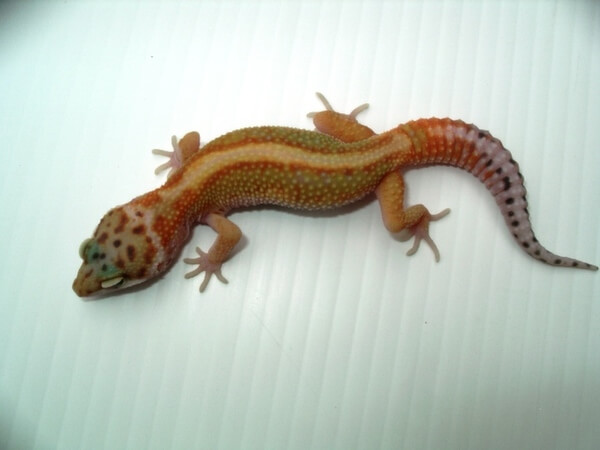
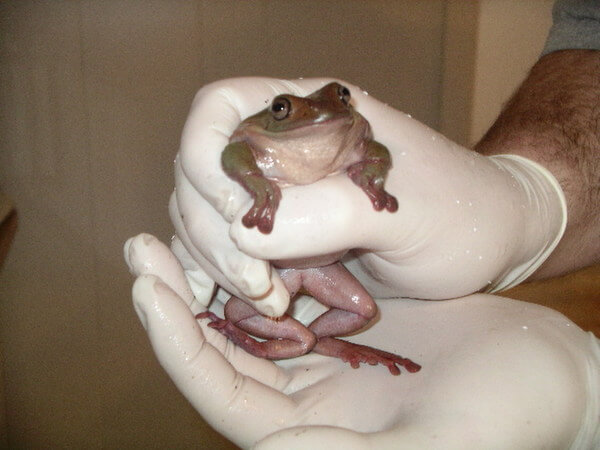
My entire life I always kept a variety of reptile species but once I finished veterinary school in 2004, my collection only grew bigger. That same year I began breeding reptiles on a more serious level. I mainly started with leopard geckos at that time even though I had other reptiles in my collection. The following years the breeding expanded and included bearded dragons as well as ball pythons. I had a large number of leopard geckos including various morphs from some of the top breeders in the country. For me breeding was and is always a fun hobby to have. It was never a business for me. It was another way to enjoy the animals and be amazed by the beautiful ones I helped create.
As a breeder who is also a veterinarian, there has always been a lot of interaction between my daily job as a doctor and my care-taker role as a gecko breeder. I wanted to make sure my animals were in good health and in proper condition for breeding. I would never jeopardize any of my geckos’ quality of life just to be able to breed them and make the next big thing. All my current animals and the ones I acquire are always examined, checked for health issues and monitored for parasites.
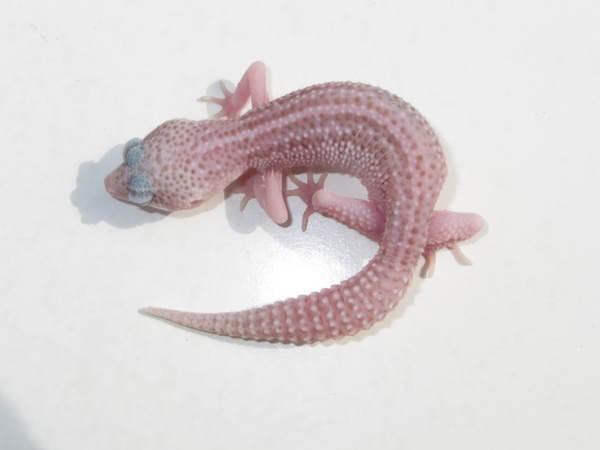
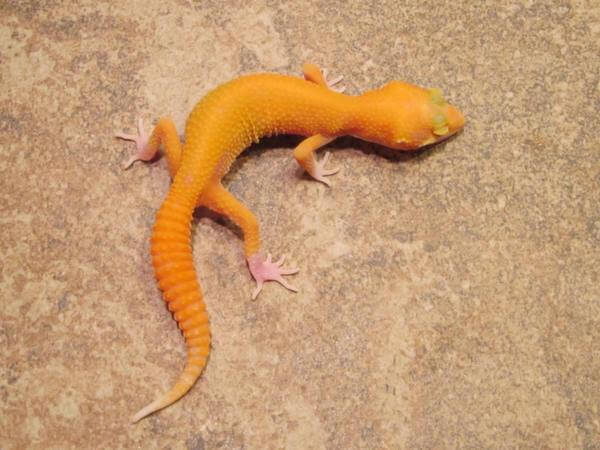
Breeder and Veterinarian
Being both a breeder/ hobbyist and veterinarian enables me to make sure my breeding animals and their offspring that I offer to the public are in top health. The health and quality of life of my geckos is always my priority and supersedes any decisions I make to allow that pet to breed or not. It could be the nicest gecko in my collection with the greatest color, genetics or production abilities but if that gecko is not at 100% health rating, he or she will not be bred. Also being a veterinarian enables me to properly treat any health issues that may arise with any animals in my own collection which is a great advantage.
One aspect of me being a breeder and a veterinarian is the fact that I can be critical of myself and of my collection. As a veterinarian I have seen many animals that were taken care of poorly. This makes me think twice about who I sell my offspring to. If a customer wants to buy a gecko from me, I will as best as I can, ensure that the person becomes knowledgeable prior to purchasing or that he or she is already is experienced with their care. They will always receive a copy of the care sheet I wrote to make sure they are cared for properly. In some cases I have even refused a sale or two to buyers that seemed inexperienced or not willing to learn how to care for my geckos properly.
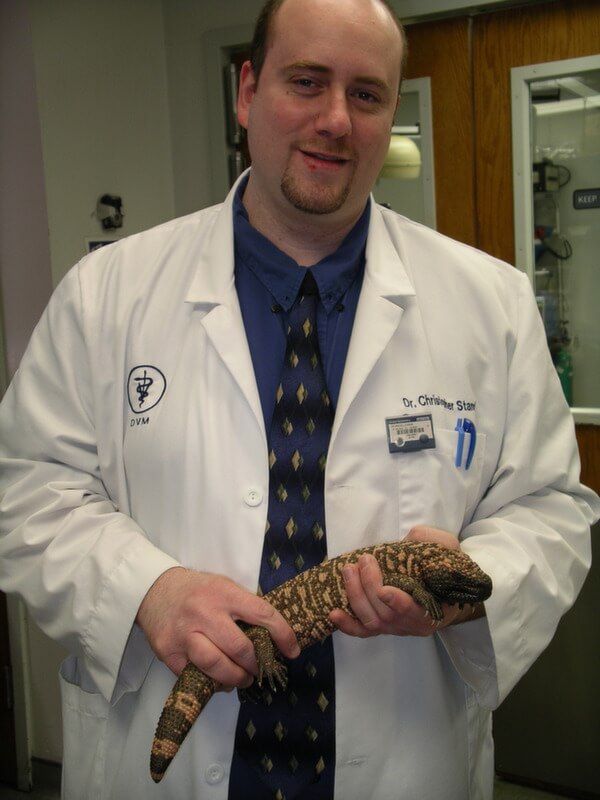
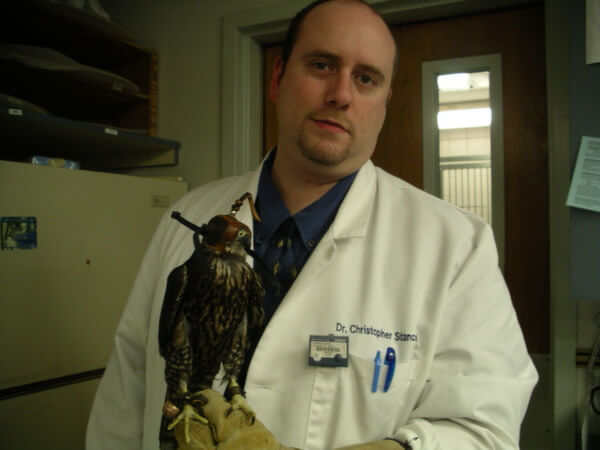
Veterinarian and Breeder
Being a veterinarian whose practice includes exotic species has also opened the doors for me in various ways. It has allowed me to meet many of my fellow hobbyist in their time of need with sick pets and/or for routine health care visits. I’m available to the public not only through the veterinary hospital that I work for, but also at reptile expos, through my website, and through other social media outlets. This allows me to make connections both with potential customers that may want to purchase animals from me and with other breeders that may have something that I may want to work with.
I can also point customers and clients in the right direction to find something I may not have through the breeder connection network that I have become part of. Being a breeder with many years of experience and knowledgeable about the proper care and husbandry of so many reptiles enables me as a veterinarian to educate the public including my clients about the proper care of their animals.
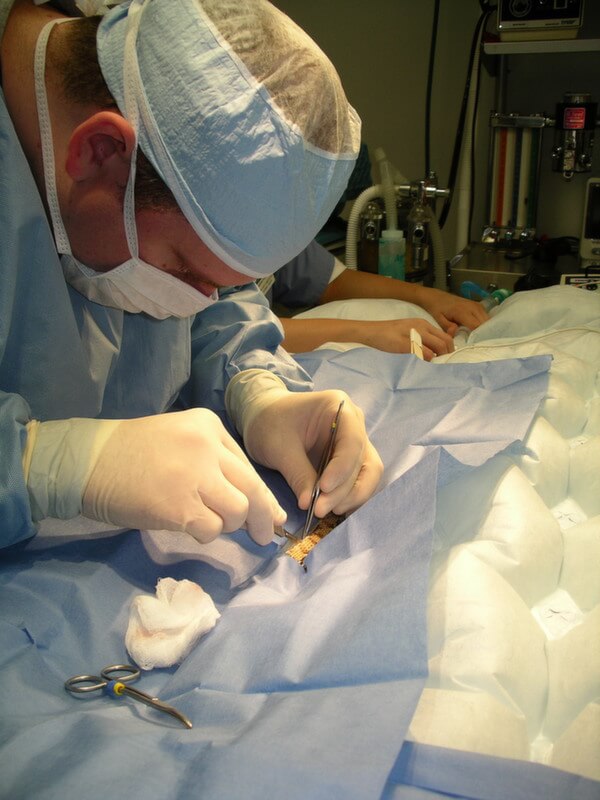
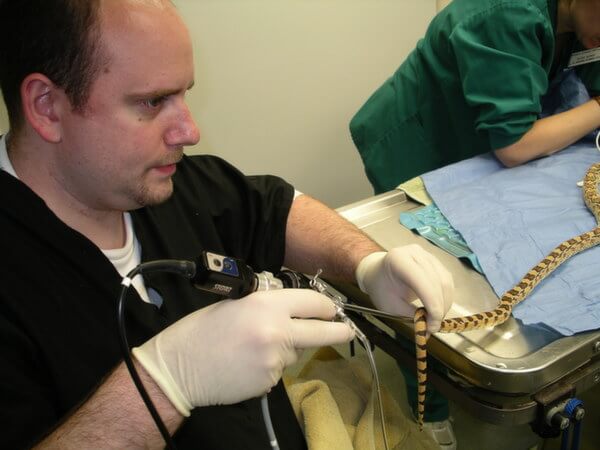
Most of the disease I see in reptile patients is due to improper care. Having knowledge of the proper care enables me to diagnose a problem more quickly (whether it is a husbandry issue or a disease) and to spend the time to discuss the proper care and steps needed to take to correct the faults. A big part of my history which is an important part of any vet visit is finding out exactly how that pet is being taken care of and analyzing that care to look for the problems that can be leading to the illness. Many veterinarians do not have a lot of personal experience keeping reptiles and may not be knowledgeable of the exact care demands of the various species out there. They may know medicine but not the husbandry. Having this knowledge, gives me advantage over many veterinarians because I play a dual role in providing the medical aspect as well as the proper husbandry knowledge.
I love being a veterinarian and helping as many animals as I can whether they have fur, feathers or scales and I love being a reptile hobbyist and breeder. Having both opportunities in my life on a daily basis makes me feel like a privileged person in the industry. Being a gecko breeder and involved in the hobby gives me advantages that other veterinarians may not have because I have over 30 years experience in the reptile hobby. This gives me a background knowledge other vets may not have. Being a veterinarian and involved in medicine gives me advantages that other breeders may not have. I have over 15 years experience in the veterinary medical field. This gives me that knowledge I need to be able to recognize and help those animals in need of medical attention.
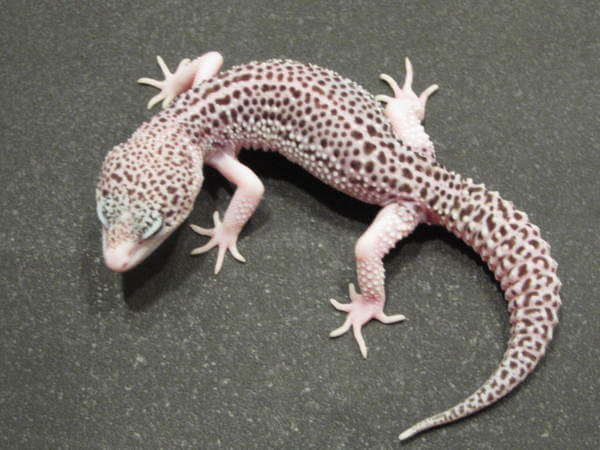
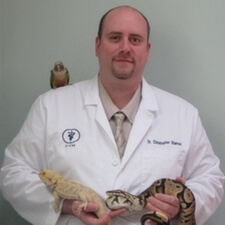
Dr. Stancel’s published journal articles include:
- Calcium and Phosphorous Supplementation Decreases Growth, but Does Not Induce Pyramiding, in Young Red-Eared Sliders, Trachemys scripta elegans. Zoo Biology. Vol. 17 Issue 1. Pages 17-24. Dec. 1998.
- Renal Adenocarcinoma in a Bearded Dragon. Exotic DVM. Vol. 12 Issue 1. Pages 29 – 31. 2010
- Congenital Cardiomegaly in a Boa Constrictor. Exotic DVM. Vol. 12 Issue 1. Page 4. 2010


I need a vet for my gecko he is not eating 2 months now. Do you know of any? or where do you work?
http://arav.allenpress.com/arav/findavet
so cute
Very interesing. Think you so much.